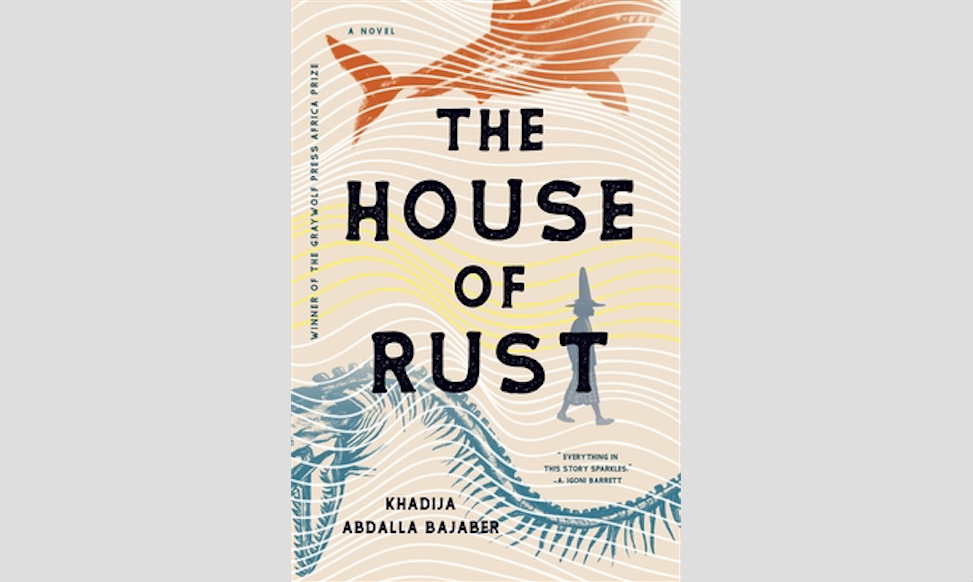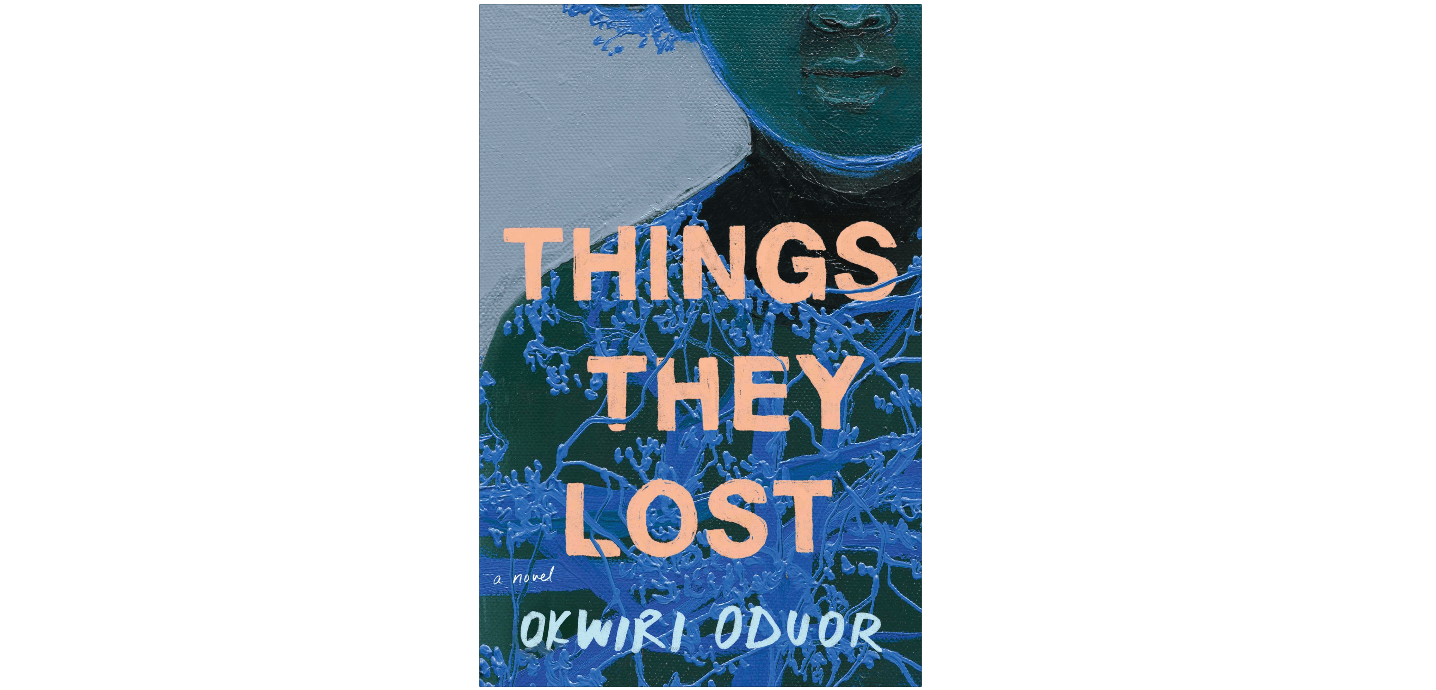

This is no tame debut. It is a bold, briny collision of folklore, faith and rebellion, told in prose that surges like tidewater and cuts like salt on a wound.
Most novels use the ocean as setting. The author makes it a character. It rages, seduces, teaches and devours. Its waves hold both graveyards and revelations. You cannot read this book without feeling the sea’s restless pull, its double-edged promise of life and loss.
That intensity is not just backdrop. The sea mirrors what the novel is really about: inheritance. Vast, impossible to master, dangerous to ignore. To face it is to face the weight of stories, family and destiny itself.
As Aisha reflects, “When I eat what they ate, I am for a moment more than the little I am. I am the present because of what was past. I am blood. I have a people.”
And in a moment that cuts to the heart of lineage and identity, the text warns: “There’s power in a name … To be a child of a woman whom you have called ‘hardship’ and ‘trouble’ … what lousy inheritance is that?”
These lines force you to reckon with how much of our selves comes from what we are given, and how much we must claim or refuse.
Equally unforgettable is the author’s portrait of Mombasa. The city is not romanticised, but it is alive. Crowded streets, rusted rooftops, prayers called into the wind, gossip threading through doorways. This is a place where tradition is law, where diaspora identity is stitched into daily life, where the old world and the new wrestle constantly.
And when fantasy bursts in — talking animals, bone boats, leviathans — it does not feel like escapism. It feels inevitable. In the author’s hands, the magical is not decoration. It is truth in disguise, forcing you to see the city, and its people, more clearly.
One of the book’s sharpest themes is naming. Names here are more than labels, they are fate, accusation or inheritance. Some weigh heavy like curses, others open doors or close them. The author uses names to ask a larger question: How much of who we are is chosen, and how much is written before we begin?
It is tied to the book’s obsession with stories themselves. Rumours, myths, folktales — they do not sit politely at the edges of life, they define it. They dictate what is possible, what is forbidden, what is feared. The novel insists that to change a life, you must also change the story told about it.
The author’s prose is a force of its own. It is lush, metaphor-heavy, and often dazzling. Images of crows, bones, sharks and rust clanging together in rhythm. Some passages sing like poetry, while others stab like prophecy.
At times, that intensity can swamp the reader. The density of invention — mythic beasts, sudden shifts, layered allegory — sometimes blurs the line between symbol and plot. But if you let go of the need for tidy explanations and ride the current, the effect is intoxicating.
The book’s title is no accident. Rust is decay, but it is also a record, the mark left by salt, time and struggle. It eats away at what is rigid, yet it testifies to survival. That is the energy of the novel: erosion and endurance twined together.
The author asks: What must be preserved, and what must be let go? What happens when you refuse the ending dictated to you by family, by tradition or fate? She does not hand over neat answers. Instead, she leaves readers with the raw ache of possibility.
House of Rust is more than a story of a girl braving the sea. It is a novel about refusing to bow to scripts handed down unquestioned. About challenging the weight of expectation, whether it comes from culture, community or the ocean itself. It is about rust as ruin and rust as memory.
This is a debut that demands attention, not just for its originality but also for its refusal to play safe. It blends the folkloric with the contemporary, the intimate with the mythic, until the two are inseparable. By the end, you are left with a book that does not close so much as echo.


















